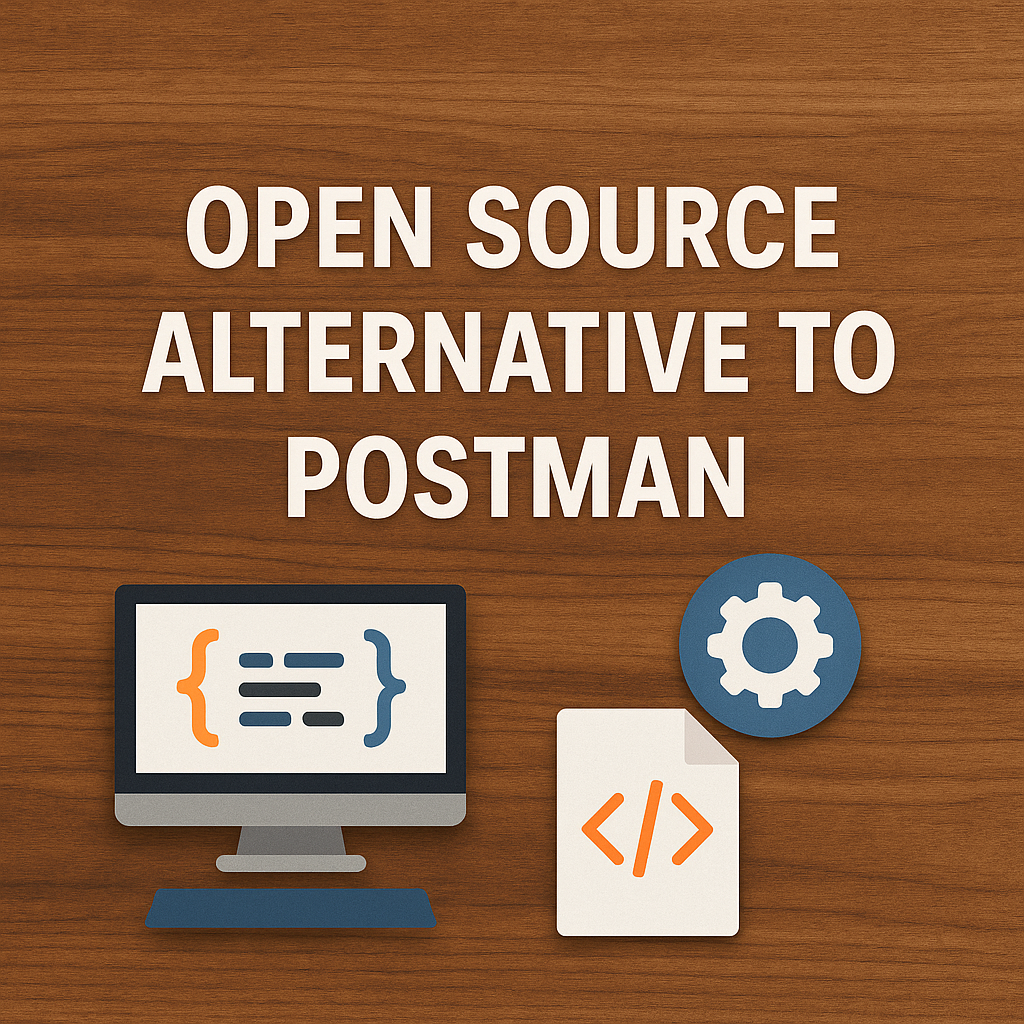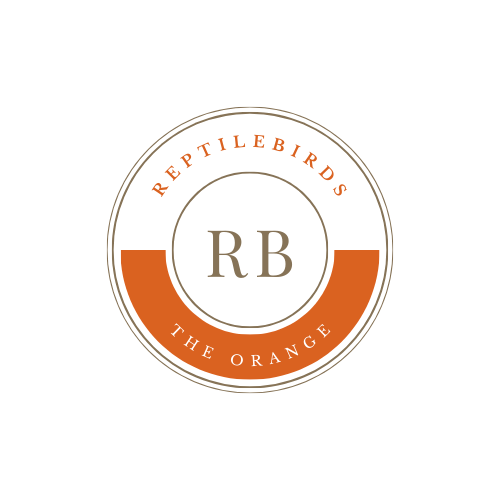
Open Source Alternative To Postman - A detailed Guide
Are you looking to enhance your API testing and product documentation with a flexible, cost-effective solution? Maybe you want a tool that you can customize, extend, or even contribute to — a platform that adapts to your workflow, not the other way around. If you’re searching for an open-source alternative to Postman that can help you achieve your testing goals on your own terms, you’re in the right place.
Open-source API testing tools have grown remarkably powerful and user-friendly, providing developers and teams with freedom, transparency, and community-driven innovation. Whether you want lightweight tools for quick testing or full-featured frameworks for automated API validation, there’s an option suited for your needs.
In this blog, we’ll explore the best open-source Postman alternatives that combine reliability with flexibility. Each tool comes with unique strengths and limitations — so you can pick the perfect fit for your workflow and budget.
Insomnia
Insomnia is an open-source API client that brings a perfect balance between simplicity and power. Designed with a clean and intuitive user interface, it supports modern protocols like REST, GraphQL, and gRPC. Developers appreciate how Insomnia streamlines their workflow by allowing dynamic environment variables, powerful authentication helpers, and extensible plugins. Whether you’re a beginner or a seasoned API tester, Insomnia makes sending requests and organizing your tests easy. Additionally, its code generation feature supports multiple languages, making it easier to integrate testing results into your development environment. Although it focuses on the desktop experience, the open-source nature means you can customize it extensively to suit your unique needs. Overall, Insomnia offers a great alternative to Postman, especially if you prefer open-source tools that don’t compromise on usability or features.
Key Features
- Environment variables and templating for dynamic requests
- Powerful authentication helpers including OAuth 2.0 and JWT
- Plugin system allowing community extensions
- Built-in code generation for multiple languages
- Synchronization across devices (with paid plan option)
Pros
- Intuitive interface suitable for beginners and pros
- Great support for modern protocols like GraphQL
- Custom plugins and themes for personalization
- Open-source core with transparent development
Cons
- Collaboration features require paid plans
- Desktop app only (no web version)
- Slightly limited automation compared to Postman
Hoppscotch
Hoppscotch, formerly known as Postwoman, is a fast, lightweight, and fully web-based API testing tool. It was born out of the desire to create a nimble, no-installation-needed alternative to heavier tools like Postman. Running directly in your browser, Hoppscotch supports not only REST APIs but also GraphQL, WebSocket, and Server-Sent Events, making it versatile for different testing scenarios. Its intuitive interface and real-time testing capabilities help developers rapidly debug APIs on any device. Being open-source, it benefits from an active community that continuously contributes features and improvements. While it may lack some advanced automation and scripting found in desktop clients, its speed, accessibility, and zero-install nature make it a top choice for those wanting a hassle-free API client accessible from anywhere.
Key Features
- Supports REST, GraphQL, WebSocket, and Server-Sent Events
- Environment and workspace support
- Request history and saved collections
- Export and import collections in Postman format
- Real-time WebSocket testing
Pros
- Fast, minimalistic, and easy to use
- No installation or heavy downloads required
- Completely free and community-driven
- Responsive design, works well on mobile devices
Cons
- Limited advanced automation and scripting capabilities
- Less mature than Postman or Insomnia in enterprise features
- Occasionally slower on very large request sets due to browser limitations
RESTer
RESTer is a no-nonsense, lightweight REST client implemented as a Firefox browser extension. It is perfect for developers who prefer to keep their workflow inside the browser without switching to standalone apps. RESTer supports all standard HTTP methods and allows you to save and organize your requests efficiently. Its clean interface offers quick access to custom headers, body payloads, and formatted JSON responses, making it excellent for rapid testing and debugging. Being open-source, it respects user privacy and keeps your data local. However, it is limited to REST APIs only and doesn’t support protocols like GraphQL or WebSocket, making it a specialized but very fast tool for developers focused solely on RESTful services.
Key Features
- Send HTTP requests directly from the browser
- Supports GET, POST, PUT, DELETE, PATCH, and HEAD methods
- Save and organize requests
- Custom headers and body payload support
- JSON formatter and syntax highlighting
Pros
- Lightweight and extremely fast
- No external software needed, just a browser extension
- Great for quick API testing without context switching
- Open-source and privacy-friendly
Cons
- Limited to REST APIs, no GraphQL or WebSocket support
- Basic feature set, no automation or scripting
- Only available on Firefox browser
HTTPie
HTTPie is a command-line HTTP client designed to make API testing simpler and more human-readable. Unlike graphical tools, HTTPie shines in terminal environments, offering an easy-to-write syntax that allows developers to compose and send HTTP requests quickly. It supports native JSON output, sessions, authentication mechanisms, and even a plugin ecosystem built on Python. This tool is perfect for developers comfortable with CLI who want to integrate API testing into scripts or automation pipelines such as CI/CD workflows. Although it lacks a graphical interface, its lightweight nature and extensibility make it a powerful tool for debugging and automated testing.
Key Features
- Easy-to-read and write syntax for HTTP requests
- Supports JSON natively, with formatted output
- Sessions, authentication, and plugins support
- Extensible with Python scripts
- Integrates into CI/CD pipelines and automation
Pros
- Lightweight and fast, perfect for CLI users
- Supports automation and scripting easily
- Active development and rich plugin ecosystem
- Excellent for API debugging during development
Cons
- No graphical user interface (may intimidate some users)
- Requires command-line familiarity
- Not designed for collaboration or team workflows
Karate DSL
Karate DSL is an all-in-one open-source testing framework tailored for API automation, mocks, and performance testing. Built on Java, it offers a domain-specific language that makes writing readable and maintainable API tests straightforward. It supports REST, SOAP, and GraphQL testing with built-in assertions and data-driven features. Designed for integration into enterprise development workflows, Karate DSL works seamlessly with build tools like Maven and Gradle and continuous integration systems like Jenkins. It also supports mock servers and performance testing, making it a versatile choice for teams that want a comprehensive testing framework. While powerful, it does have a steeper learning curve, especially for developers less familiar with Java environments.
Key Features
- Domain-specific language (DSL) designed for API testing
- Supports REST, SOAP, and GraphQL testing
- Built-in assertions and data-driven testing
- Mock servers and performance testing capabilities
- Integrates with Maven, Gradle, Jenkins, and CI tools
Pros
- Comprehensive all-in-one testing framework
- Readable, maintainable tests with DSL
- Strong integration with Java and CI/CD pipelines
- Mocking and performance testing support included
Cons
- Steeper learning curve for non-Java developers
- Less suitable for quick ad-hoc testing
- Primarily CLI and code based, no GUI
Tavern
Tavern is a pytest-based open-source testing tool designed for automated API testing with a focus on simplicity and flexibility. By leveraging the popular Python pytest framework, Tavern allows writing API tests as simple YAML files, which can validate RESTful APIs and MQTT protocols. It supports complex validation scenarios, including schema validation and chaining requests. Tavern fits perfectly into Python-based development workflows and can be easily integrated into continuous integration pipelines. Its minimal setup and YAML syntax make it approachable for testers with little programming experience, yet powerful enough for advanced automated testing needs.
Key Features
- Test APIs using YAML syntax
- Supports RESTful API and MQTT protocol testing
- Schema validation and response chaining
- Integrates with pytest and CI pipelines
- Minimal setup and configuration
Pros
- Simple YAML syntax lowers the barrier to entry
- Strong integration with Python ecosystem
- Good for both manual and automated testing
- Open-source and actively maintained
Cons
- Requires some familiarity with pytest and Python
- Limited GUI support; mainly CLI-based
- Not ideal for users preferring graphical tools
Postwoman (Now Hoppscotch)
Postwoman, now known as Hoppscotch, started as an ambitious open-source project aimed at creating a fast, accessible API client directly in the browser. It offers developers the ability to quickly test RESTful APIs and other protocols without installation hassles. As the project matured and rebranded to Hoppscotch, it expanded its feature set, including support for GraphQL and WebSocket protocols. Its lightweight design ensures minimal resource consumption and fast load times, which appeals to developers who need a quick, reliable API testing solution on any device. The open-source model fosters a vibrant community that continuously drives innovation and feature improvements.
Key Features
- Browser-based API testing client
- Supports REST, GraphQL, and WebSocket
- No installation required, instant access
- Request collections and history management
- Open-source community-driven development
Pros
- Accessible from any device with a modern browser
- Lightweight and fast
- Growing community and frequent updates
- Free and open-source with permissive license
Cons
- Limited collaboration features
- Browser performance limits on heavy workloads
- Lacks some advanced Postman features
Conclusion
Choosing the right API testing tool depends heavily on your project needs, technology stack, and team expertise. For Java-centric teams seeking a powerful, code-driven framework, Rest-Assured or Karate DSL offer robust solutions with strong integration capabilities. If you prefer Python and want simplicity with YAML-driven tests, Tavern provides a minimal yet effective option. For quick, browser-based exploratory testing without installations, Hoppscotch (formerly Postwoman) is a lightweight and accessible choice.
Each tool brings unique strengths and trade-offs—from ease of use and community support to extensibility and advanced features. Evaluating them against your workflow will ensure efficient, reliable API testing and help maintain your software’s quality and performance. Experiment with these tools to find the one that best fits your team’s testing culture and project demands.
You May Also Try To Test
I have developed some browser based tools for productivty. Tools do not store any of client’s data. No backend calls, you can just load the page and perform tasks ofline.
See These
Excel Converter - Convert Excel To CSV - Excel To PDF, Excel To SQL, SQL To HTML And So On
